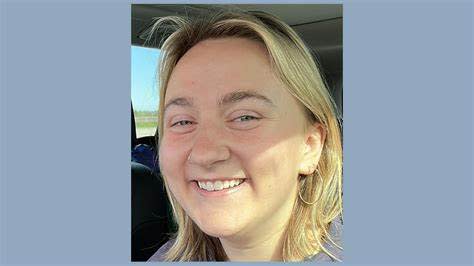From darkness comes clarifying light, revelation of the essential, and sharpened focus
“We need the dark to see the light of the stars—and we need a very dark sky to see the faintest of the stars.” –Brother Guy Consolmango, SJ, director, Vatican Observatory
Last week’s rare blue supermoon illustrated Brother Guy’s point in the reverse. When the sun illuminates the moon, no subtlety is required to discern it. But fainter lights? A different story.

This is a scientific truth and a spiritual one. Faint stars require strong telescopes. Faint hopes? Counterintuitively, perhaps, much darkness.
Darkness is useful that way. The old Latin saying Per crucem ad lucem, in English is “Through the cross to the light.” It’s been interpreted in some ridiculous ways — as a prop for violence in some cases — when its true value can only be discovered in the cross of Christ. Like the Christ who suffered, died, and rose, we, too, come to the fullness of our lives through this same flow — what Christians call the paschal mystery — Jesus’ total self-giving, culminating in his Passover from death to life.
Recently, I learned of a man named John Leary who died of a heart attack at the age of 24 — but not before he left his mark on his community through his shining commitment to peace, nonviolence, and the well-being of the world’s most vulnerable people.
His story is remarkably like that of one of our local lights — save, of course, the violence with which Emma Shafer was taken from us. That is difficult to reconcile.

The darkness of Emma’s death is not to be preferred. The world would be a better place with Emma still in it. It would be much better if her parents, family, and seemingly infinite universe of friends did not suffer her loss. It would be better if Emma were still here making mischief. Hers was a senseless and unnecessary death — willed by no one.
Those of us who knew Emma are now left to discover who and how we are to be on the other side of the loss of her. Somewhere amid my grieving, Brother Guy’s words found me, gently suggesting that the only thing to do now is allow the darkness of her loss to serve darkness’ best purpose: clarifying light.
More: Not religious? You can still engage in meaningful acts of worship every day
Only once in my life have I experienced total darkness. It was on one of those cave tours. Before the tour commenced we were told the guide would out the lights at some point, so we were prepared. I supposed it would be like what happens when I turn off the last light at home, or what it’s like in the country at moonless midnight. It was nothing like those things.
The darkness felt like an amputation of my sight-sense: completely disorienting. I was no longer aware of the length of my arms and moved one back and forth, trying to take my measure. Bumping it into the person in front of me helped restore my sense of dimension and space. After some seconds of silence, we began to murmur and speak to one another. That, too, helped reorient me. My operating senses worked overtime, alerting me to the scrape of shoes on the dirt floor, the pungency of the cave’s walls, and the damp envelope of the air on my skin. The darkness felt soupy, somehow. Shouldn’t I be able to scoop it into my hands as I might water in a sink? I tried! It didn’t work, but it felt like it should have.
That’s what darkness does. It heightens our inner sight, makes us alert to our surroundings, slows us down; brings us together. Darkness clarifies, reveals what is essential, and sharpens our focus on what we can see. That’s just where Emma would want us to be.
Sister Beth Murphy, OP, is the director of communications for the Dominican Sisters of Springfield.
This article originally appeared on State Journal-Register: The darkness of Emma Shafer's death can only serve now as light
